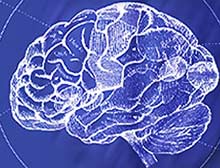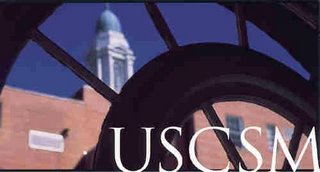
2007 Henry B. Betts Award - Nominations Due October 7, 2006
American Association of People with Disabilities (AAPD)
is now accepting nominations for the 2007 HENRY B. BETTS
AWARD.
The Henry B. Betts Award program, administered by AAPD, was
created by the Prince Charitable Trusts and the Rehabilitation
Institute of Chicago in 1989 to annually honor individuals who
have, in the course of their work, helped to lead the societal
transformation that is producing dramatically better outcomes
and higher expectations for the diverse groups that make up the
disability community in the United States and around the world.
Typically, one outstanding living individual is selected each
year to receive The Henry B. Betts Award with an unrestricted
$50,000 cash award at AAPDs annual Leadership Gala in
Washington, D.C.
To nominate an individual:
http://www.aapd.com/.
Nominations due: Friday, October 7, 2006.
Questions and submissions for the Henry B. Betts Award:
Call: 1-800-840-8844 (v/tty)
Email:
aapdbetts@aol.com--------
American Association of People with Disabilities (AAPD)
Phone: 800-840-8844 (v/tty) or 202-457-0046 (v/tty)
Fax: 202-457-0473
Website:
http://www.aapd.com/









